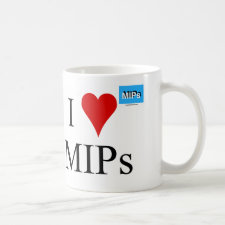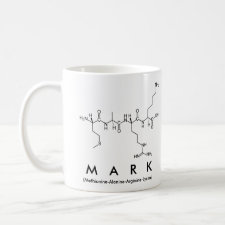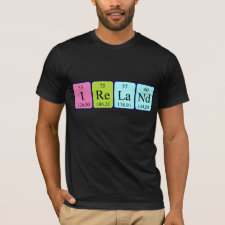
Authors: Tieppo A, White CJ, Paine AC, Voyles ML, McBride MK, Byrne ME
Article Title: Sustained in vivo release from imprinted therapeutic contact lenses.
Publication date: 2012
Journal: Journal of Controlled Release
Volume: 157
Issue: (3)
Page numbers: 391-397.
DOI: 10.1016/j.jconrel.2011.09.087
Abstract: In this paper, we demonstrate the successful in vivo extended release of a small molecular weight therapeutic, ketotifen fumarate (MW = 425), from molecularly imprinted, therapeutic contact lenses. This is the first time that a steady, effective concentration of drug is maintained in the tear film from a contact lens for an extended period of time for the entire duration of lens wear. Poly(HEMA-co-AA-co-AM-co-NVP-co-PEG200DMA) soft contact lenses were prepared (100 ± 5 μm thickness, diameter 11.8 mm, power zero), and a constant tear film concentration of 170 ± 30 μg/mL was measured for up to 26 hrs in a New Zealand white rabbit model. The results showed a dramatic increase in ketotifen mean residence time (MRT) and bioavailability compared to topical drop therapy and drug soaked lenses. The MRT for imprinted lenses was 12.47 ± 3.99 hrs, ~ 4 and 50 fold greater than non-imprinted lenses and 0.035% eye drops (Zaditor®), respectively. Furthermore, AUC0 - 26hrs was 9 and 94 fold greater for imprinted lenses than non-imprinted lenses and eye drops, respectively. The results indicate that molecular imprinting provides an exciting rational engineering strategy for sustained release. It is clear that imprinted lenses are very promising combination devices and are much more effective and efficient delivery devices than eye drops.
Template and target information: ketotifen fumarate
Author keywords: Imprinted contact lenses, therapeutic contact lenses, controlled drug release, Ketotifen fumarate, Anti-allergy, molecular imprinting



Join the Society for Molecular Imprinting

New items RSS feed
Sign-up for e-mail updates:
Choose between receiving an occasional newsletter or more frequent e-mail alerts.
Click here to go to the sign-up page.
Is your name elemental or peptidic? Enter your name and find out by clicking either of the buttons below!
Other products you may like:
 MIPdatabase
MIPdatabase









